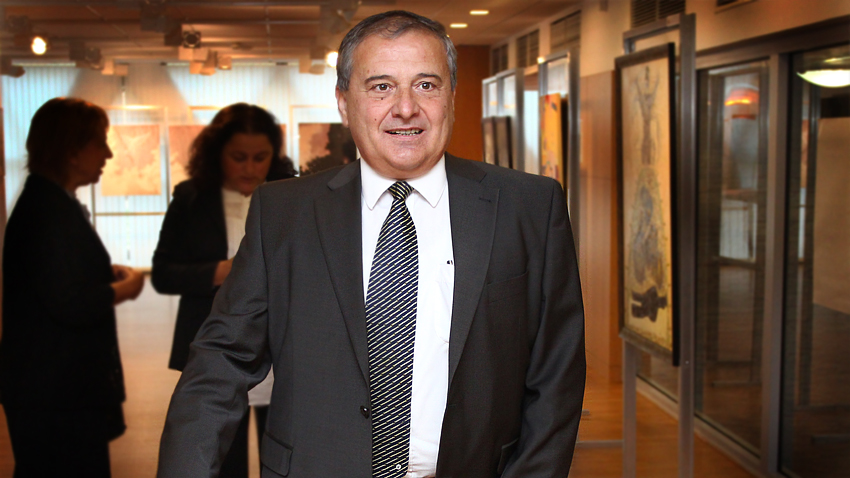Europe seems to have faced the truth. Pessimism related to weak growth and low competitiveness of the European economy was replaced by new measures for exiting the crisis that has been going on for the past six years.
The new magic word for the EU is ‘reindustrialization.’ It brings new optimism to solve problems - both in Brussels and in Sofia. We are yet to see whether this will be a successful strategy to deal with the fierce competition on the global market or just another attempt to catch up with "those in the fast lane."
Brussels has been long developing strategies to increase competitiveness, yet puts a number of barriers to the business, while money follows the path of least resistance. Money leaves the old continent and goes towards more favorable business environments. Therefore Brussels speaks of reindustrialization as a way for the return of Europe’s production power.
What lies behind the magic word ‘reindustrialization’?

"One of the aims is overcoming the negative trend for some European producers to outsource,” Kamen Kolev, Deputy Chairman of the Bulgarian Industrial Association says. “According to him, some of the barriers to the development of the industry are the strict EU requirements in terms of ecology, the lack of joint energy market, and others. Bulgaria should come up with adequate measures to stimulate producers,” Mr. Kolev added.
The Bulgarian government also relies on reindustrialization, trying to restore previously profitable production facilities.
"We think stimuli should not mean only injecting funds into troubled state-owned companies, nor selective nationalization. Bulgaria should have a strategy in the sphere of innovations in order to achieve growth. In order to achieve higher growth in 2014, we need a sharp rise in exports. However, innovative products are just 5 percent of our exports. The rest are raw products with low added value. Perhaps, the right approach is European programs to focus on technological equipment.”
How can we make the big business come back to Bulgaria?
"Previous restrictions imposed on business aimed at making European entrepreneurs invest in innovations. We speak about energy efficiency, emissions, etc. But this leads to highly increased costs and loss of competitiveness. There are positive effects as well, but European and Bulgarian entrepreneurs have difficulties finding the necessary funding.”
Would Europe lose competitiveness in case reindustrialization did not succeed?
“Europe has been losing competitiveness and this is a lasting trend. Not surprisingly, the EC introduced this concept in order to reverse the trend. There are many questions to be answered before we know if the strategy would have success. Undoubtedly, we need regulations and frameworks, but the business also needs enough freedom to develop."
English version: Alexander Markov
It is extremely concerning that the largest company in Bulgaria, Lukoil Neftohim, which is part of the country's critical infrastructure, is still in the hands of a country that has declared Bulgaria a hostile state. This opinion was shared by energy..
“The divergence between the monetary and the fiscal policy pursued by the government continues to be the main reason why Bulgaria does not meet all criteria yet for entering the Eurozone,” Lyubomir Karimansky, member of the Governing Council of the..
Germany remains Bulgaria's strongest economic partner. Trade between the two countries for 2024 amounts to EUR 12 billion, said Tim Kurth, President of the German-Bulgarian Chamber of Industry and Commerce. At a ceremony held at the University of..

+359 2 9336 661
